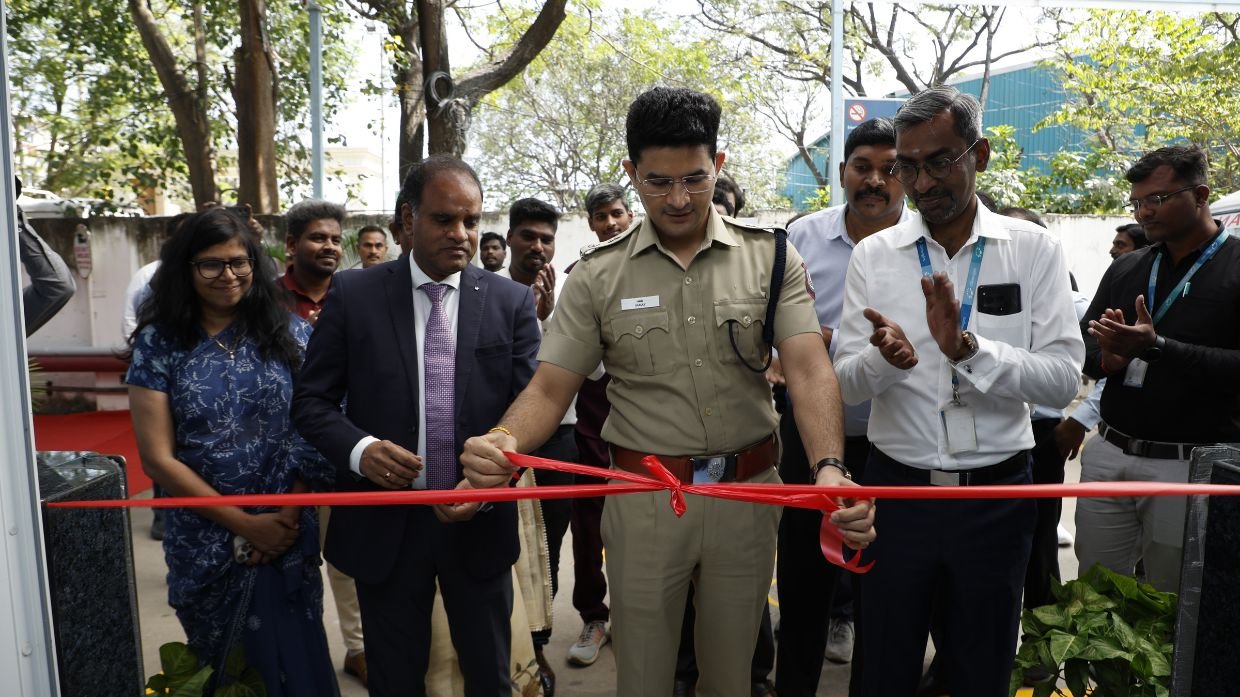A surgical procedure in which a prosthetic implant replaces the hip joint. Hip replacement is typically used to treat joint failure caused by osteoarthritis or certain hip fractures, benign and malignant bone tumours, arthritis associated with Paget's disease, ankylosing spondylitis, and juvenile rheumatoid arthritis. The primary goal of hip replacement surgery is pain relief and improvement of hip function.
This is a surgical procedure that replaces the knee's weight-bearing surfaces to relieve pain and disability. It is typically performed by replacing the knee's diseased or damaged joint surfaces with metal and plastic components shaped to allow continued knee motion. It is used on patients with knee-related diseases such as rheumatoid arthritis and psoriatic arthritis, as well as patients with severe deformities from advanced rheumatoid arthritis, trauma, or long-standing osteoarthritis.
This surgery is a subspeciality of orthopaedics and podiatry that concentrates on the treatment, diagnosis, and prevention of foot and ankle disorders. This surgery is considered a last resort and is only used when other conservative treatments fail to alleviate symptoms. These procedures can be used to clean out the ankle joint, fuse bones, or remove fragments of bone or cartilage. In certain circumstances, artificial materials may be utilised to replace injured tissue.
Shoulder surgery is a surgical procedure that focuses on repairing muscles, connective tissue, or damaged joints caused by traumatic or overuse injuries to the shoulders. It is a sort of surgical procedure used to repair or improve the function of the shoulder joint. The most common reason for shoulder surgery is to treat rotator cuff tears. Other reasons for shoulder surgery include fixing a dislocated shoulder, removing a shoulder impingement, or treating a fracture.
Hand surgery is a process that involves both surgical and non-surgical treatments for injuries and diseases of the hand. Hand surgery is one of the most complex surgeries, and it can only be performed by surgeons who have received extensive training in hand surgery during their residency. The most common reason for hand surgery is the correction of a tendon tear. Other reasons for hand surgery include curing carpal tunnel syndrome, repairing a trigger finger, or healing a fracture.





























